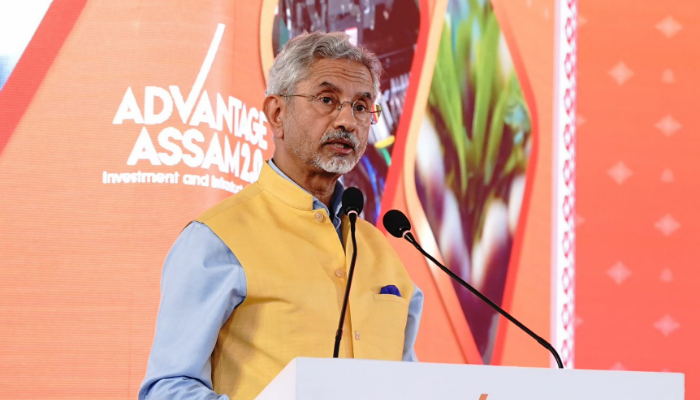India’s reaction came after UN High Commission for Human Rights Volker Turk referred to the situation in Manipur and Kashmir in his global update to the 58th session of the Human Rights Council in Geneva.
India on Monday took strong exception to UN High Commissioner for Human Rights, Volker Turk’s remarks on situations in Kashmir and Manipur.
Terming the UN High Commissioner for Human Rights’ comment on Kashmir and Manipur as “unfounded and baseless,” India’s Permanent Representative to the United Nations in Geneva, Arindam Bagchi slammed the report for referring Jammu and Kashmir to Kashmir.
He said, “Nothing illustrates this divergence more than the passing reference to Jammu and Kashmir, erroneously referred to as Kashmir.”
Bagchi said this misrepresentation took place at the time when the region had witnessed remarkable improvements in peace and development.
“This is ironic in a year that stood out for the region’s improving security, record voter turnout in provincial elections, booming tourism, and rapid infrastructure growth,” India’s Permanent Representative to the United Nations in Geneva said.
His strong reaction came after UN High Commission for Human Rights Volker Turk mentioned India and referred to the situation in Manipur and Kashmir in his global update to the 58th session of the Human Rights Council in Geneva.
“As India was mentioned by name, let me begin by emphasising that the world's largest democracy continues to be a healthy, vibrant, and pluralistic society. Unfounded and baseless comments in the update contrast jarringly with ground realities,” Bagchi said.
India’s Permanent Representative to the UN in Geneva said the people of India have “repeatedly proven wrong such misplaced concerns about us” and “we would urge a better understanding of India and our civilisational ethos of diversity and openness, which continue to define our robust and often cacophonous civic space.”
Maintaining that the global update needs “genuine” information, the Indian envoy said “at a larger level, we are concerned about the global update’s oversimplifications of complex issues, sweeping and generalized remarks, usage of loose terminologies and apparent cherry picking of situations.”
“The High Commissioner has sensed a pervasive unease, but we would submit that a key element to addressing this is a long and hard look in the mirror by the Office of the High Commissioner,” Bagchi said.












 Contact Us
Contact Us  Subscribe
Subscribe  News Letter
News Letter  Instagram
Instagram Youtube
Youtube